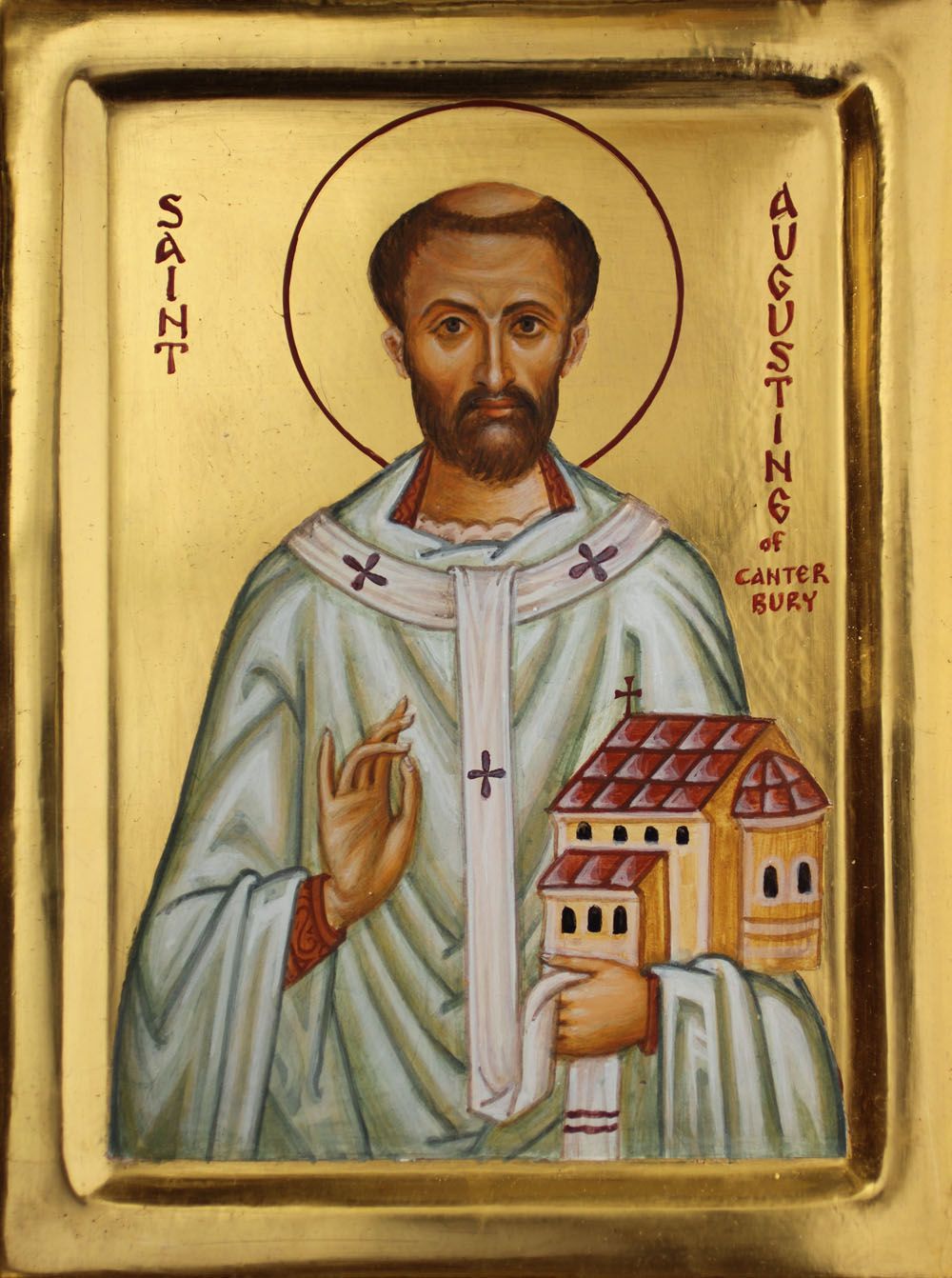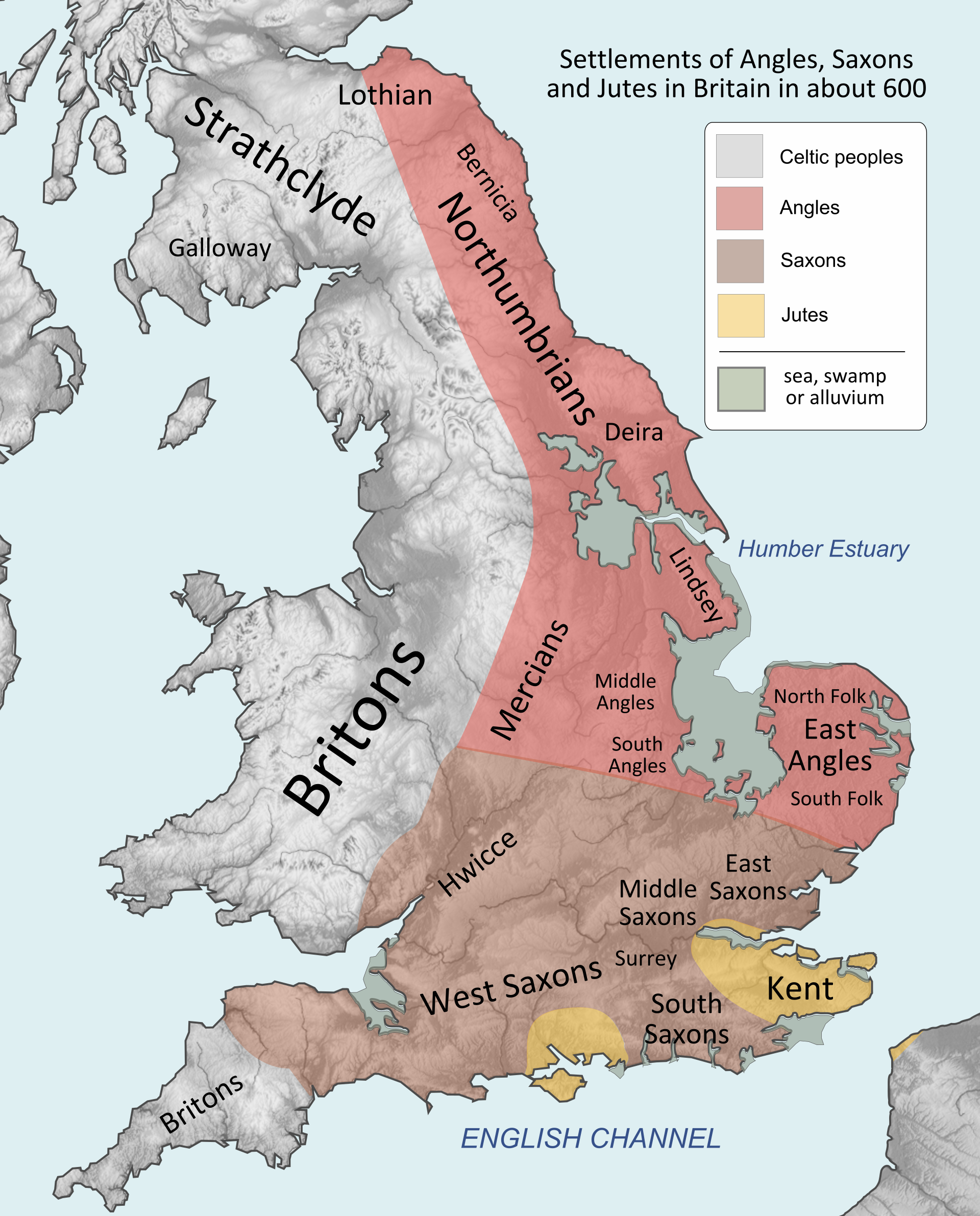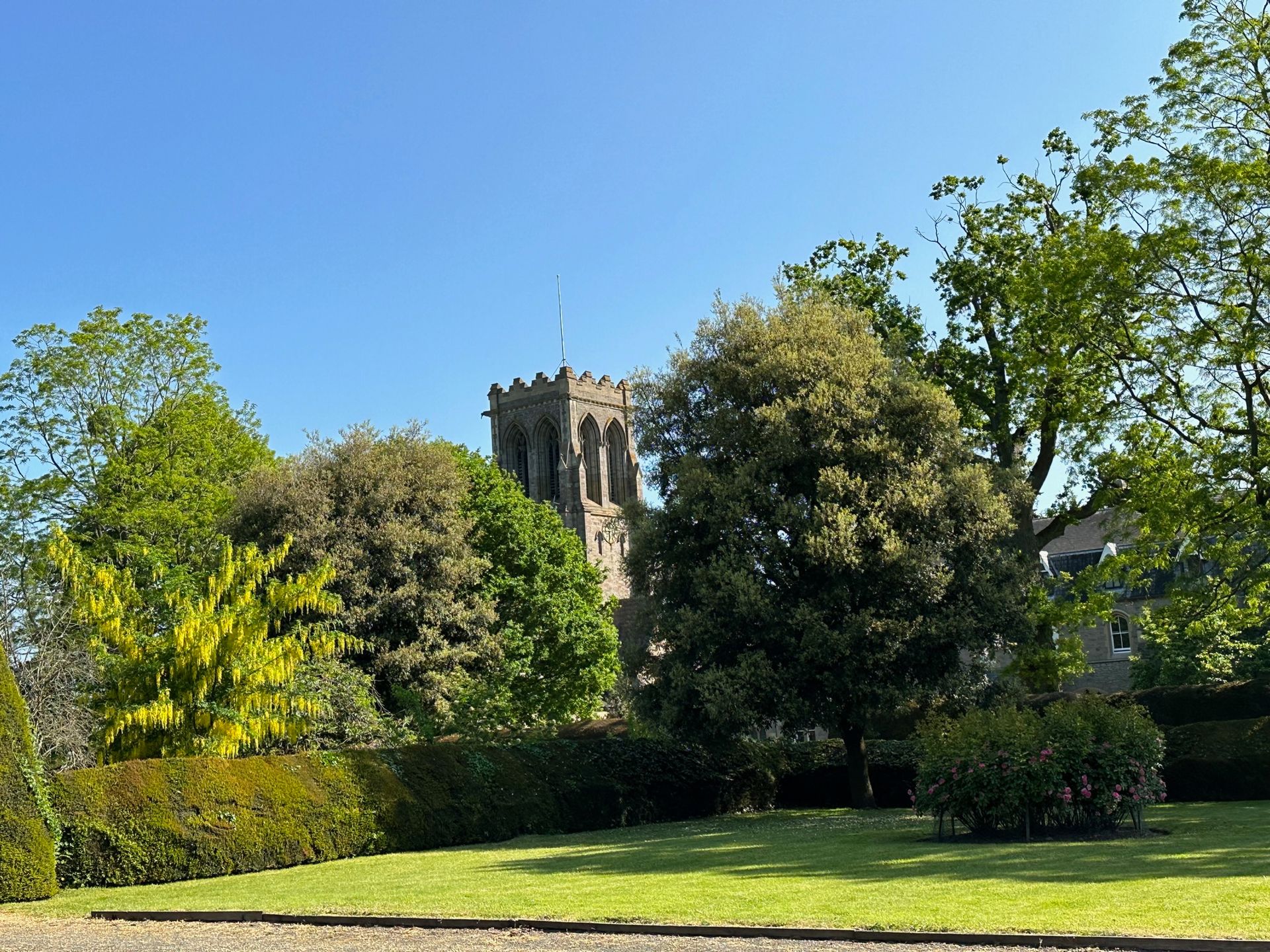Message of Abbot Paul - Saturday 27th May 2023
Abbot Paul • May 26, 2023


Today we keep the Solemnity of St Augustine, first Archbishop of Canterbury, who died around this date in the year 604. Almost nothing is known of the early life of the man who brought Christianity to medieval England. Augustine was most likely living as a monk in Rome when, in 595, Pope St Gregory the Great chose him to lead a mission to convert the pagan Anglo-Saxons to the Christian faith. Christianity had been present in England during Roman times, but with the arrival of the Saxons, most of the country had once again reverted to paganism. England in the 6th century was divided into many warring kingdoms. Of these, it was Kent that was chosen as the place to begin Augustine’s mission in England, most likely because of the powerful position of its ruler, King Æthelberht. Now Æthelberht was married to Bertha. Queen Bertha was a Frankish princess who was already a Christian, despite her marriage to a pagan king. It is thought that the presence of Bertha may have been another reason for Augustine to begin his mission in Kent. She is known to have been in contact with the Pope around this time, and the fact that her husband allowed her to practise Christianity perhaps suggested that he might also be sympathetic to Augustine’s mission. Æthelberht did not immediately convert to Christianity, but he did treat Augustine and his companions with hospitality. They were given freedom to preach and invited to reside in Canterbury, the capital of Kent. Augustine and his companions celebrated Mass and the Divine Office in the ancient church of St Martin, where Queen Bertha herself probably worshipped. Eventually, Æthelberht was baptised, and the abbey of St Peter and St Paul (later rededicated to St Augustine) was founded in Canterbury in about 598. During the Reformation his shrine was destroyed and his relics lost. Cardinal Reginald Pole was the last Catholic Archbishop of Canterbury (1556-1558).
As I had a particularly busy day yesterday, I was unable to spare time to comment on the Gospel chosen for the feast. Forgive me if I just leave it with you to meditate on privately. Be assured that you are in my prayers, as I know you pray for me. The text comes from Luke, (Lk 10: 1-9).
“The Lord appointed seventy-two others and sent them out ahead of him, in pairs, to all the towns and places he himself was to visit. He said to them, ‘The harvest is rich but the labourers are few, so ask the Lord of the harvest to send labourers to his harvest. Start off now, but remember, I am sending you out like lambs among wolves. Carry no purse, no haversack, no sandals. Salute no one on the road. Whatever house you go into, let your first words be, ‘Peace to this house!’ And if a man of peace lives there, your peace will go and rest on him; if not, it will come back to you. Stay in the same house, taking what food and drink they have to offer, for the labourer deserves his wages; do not move from house to house. Whenever you go into a town where they make you welcome, eat what is set before you. Cure those in it who are sick, and say, ‘The kingdom of God is very near to you.’”












